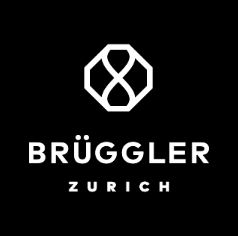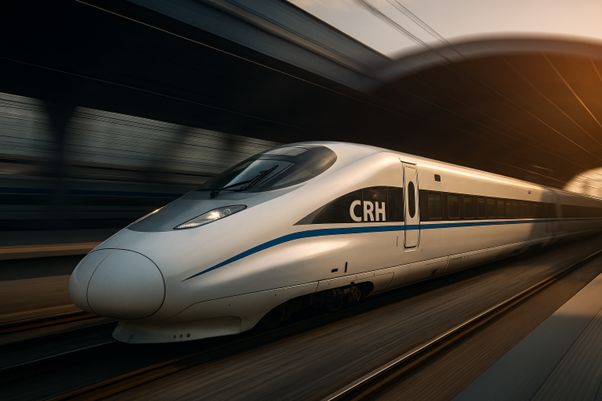China is still often labelled an “emerging market” in the Western financial world. But when you look closer—at its vast high-speed rail network, one of the largest and most advanced globally, or its technological infrastructure—you have to ask: Why is China still considered emerging? What does “emerging market” actually mean?
Traditionally, the term describes countries in development, experiencing growth but lacking the stability or infrastructure of established markets like Germany or France. Yet, in many respects, China surpasses these nations—whether in infrastructure, digital innovation, or urban development. China has made remarkable strides and now plays a crucial role in the global economy.
So why does the Western financial world cling to this “emerging” label? Partly, it’s historical; partly, it reflects political and economic interests. Western criteria often shape perceptions, which may not fully reflect China’s rapid progress.
In Switzerland, independent wealth managers are often referred to as “External Asset Managers” (EAMs). But is that term somewhat degrading? What about our work is “external”? In many ways, we are far closer to clients than traditional private banking institutions. We provide personalised service, direct communication, and flexible solutions that make the label “external” feel outdated.
Anyone who wants to understand true independence and client focus should take a closer look at independent wealth managers—and perhaps question outdated labels and stereotypes. Just as it may be time to reconsider calling China an “emerging market.”
Source: LinkedIn




